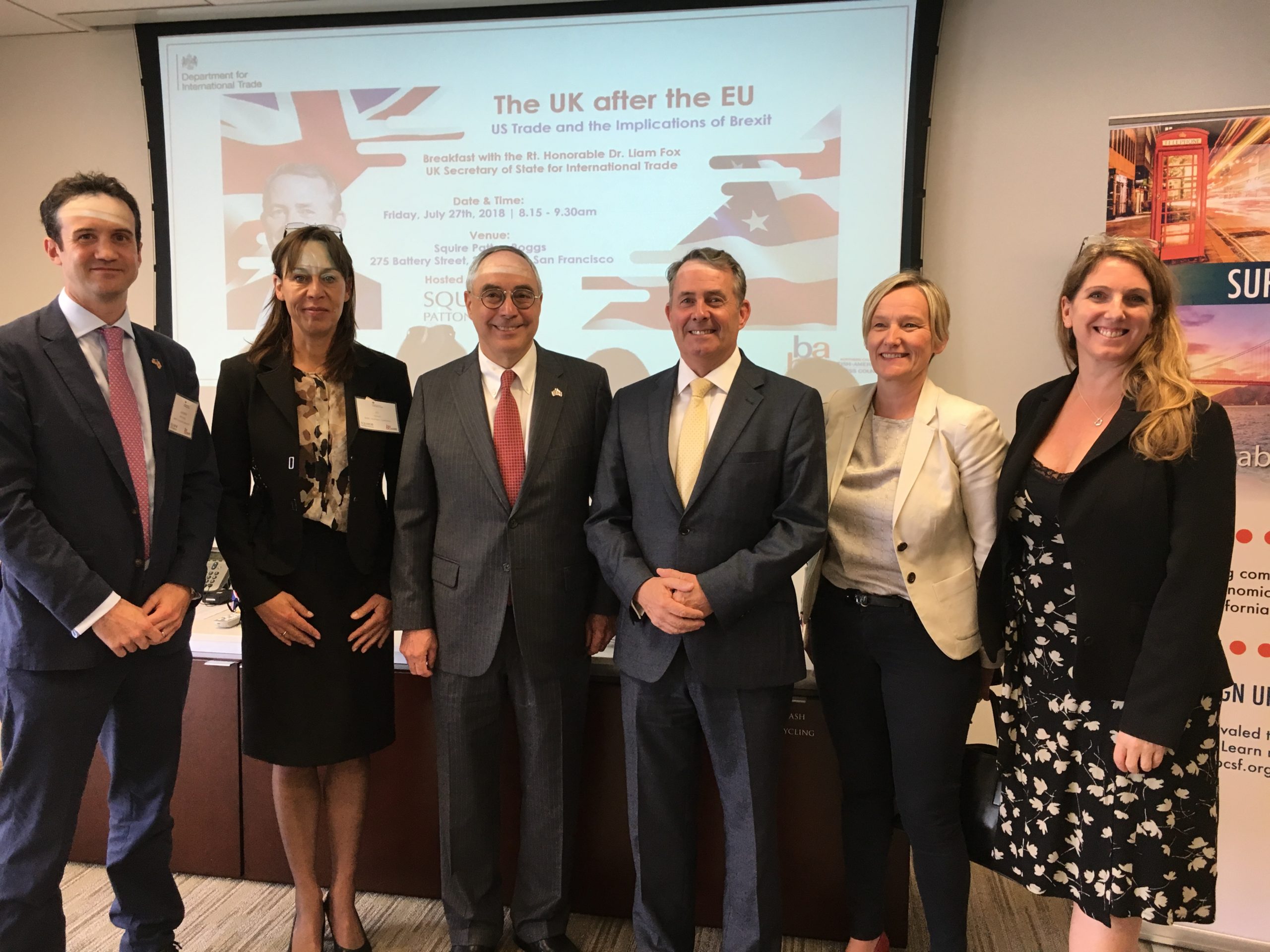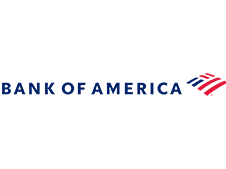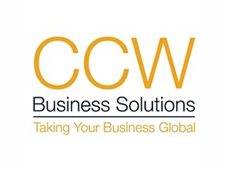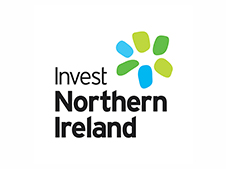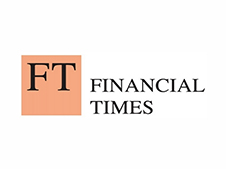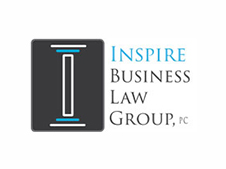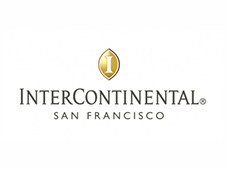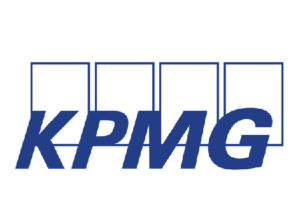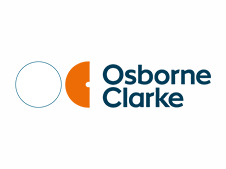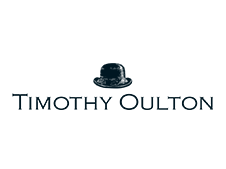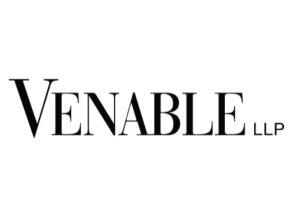On the morning of Friday, July 27th the BABC held ‘The UK after the EU: US Trade and the Implications of Brexit’ breakfast event in partnership with the UK Department for International Trade. This event gave our BABC Members the opportunity to listen and partake in a conversation between Dr Fox, UK Secretary of State for International Trade and Nick Unkovic, Chairman of the BABC. Hosted by Squire Patton Boggs, the morning began with some early networking over an impressive breakfast spread provided by Squire Patton Boggs. The event saw a healthy turnout of over 40 guests intrigued to hear what Dr Fox had to say about trade and the Implications of Brexit.
BABC Chairman Nick Unkovic, opened the discussion by welcoming Dr. Liam Fox and quipping that a google search for ‘Liam Fox’ returned over 39 million articles. Dr. Fox noted that he hoped he was all over the internet for the right reasons.
Nick asked the Secretary of State to give some opening comments on the current situation with Brexit. Dr. Fox lamented the fact that it can be very difficult in the US to find objective information on what is happening in the UK. He commented that the UK was still deep in negotiations with the EU commission over the deal that they would have when the Brexit process concludes. He argued that the will of the commission was not necessarily the will of the EU member states, and the stubbornness of the commission does not reflect the desire of the countries themselves to deal with Britain moving forward.
Dr Fox then moved on to discuss the desire of the UK government to be able to set the UK’s own trade policies and set up its own simple bilateral trade agreements. He pointed out that at the inception of the EU, it was intended as a way to integrate economies into a single market and grew over the years to become the political union that it is today. He argued that the UK never assented to joining a political union, and he sees Brexit as a move towards regaining British sovereignty after having it taken away without ever actually consenting.
Nick then asked him about his position on freedom of movement, one of the biggest issues at stake in the discussion. Dr. Fox took the position that freedom of movement of labor is something that the UK government and the UK electorate welcomes. He stated that the UK is not a xenophobic country, and people are happy to see individuals come into the UK from anywhere in the world as long as they are coming here to work and contribute to society and the economy. He pointed out that the difference between this and the current state of EU freedom of movement is that people who don’t have employment and are not coming here to seek to contribute to the country are coming in to the UK and utilizing our public services, as is mandated by the EU. He argued that this desire to control freedom of movement to those who are willing to contribute is one of the reasons that the UK voted to leave.
A question from the audience then asked if leaving the EU would cause problems with trade agreements already in place. Dr Fox pointed out that currently the UK has no trade agreements of its own, but it has 40 trade agreements with countries that it is party to as part of the European Union. He noted that leaving the EU means that the UK would lose access to those agreements and would have to negotiate its own with all of these countries, but that it would offer them the opportunity to make agreements on its own terms.
Another audience question asked what other economic freedoms would Brexit bring? Dr. Fox noted that having an independent trade policy and being able to orientate itself to be part of the global economy would hold Britain in good stead to tap in to the growth around the world. He pointed out that projections say that 90% of global growth in coming years would come from outside the EU.
Nick then moved the discussion on to the other hot topic in the global scene, asking Dr Fox how the UK has found negotiations with the Trump administration. The Secretary of State was quick to point out that as the UK was still a member state in the EU, it could not legally enter into negotiations with any other country. However, he did say that there has been a lot of ‘scoping’. Where both parties assess the potential areas, which would need to be discussed in future negotiations. He said that the key to dealing with the Trump administration in his eyes was to understand what the end goal is, and to understand where they see any disparity, and based on what empirical analysis. He noted that they generally agree with the analysis of the Trump administration on trade, and in particular on China. However, he was careful to make the point that the UK government disagrees with the methods that they have employed based on this analysis, arguing that using national security as an argument for tariffs sets a dangerous precedent, as other countries may emulate this method, endangering the global free trade regime.
He also noted the ‘Alice in Wonderland’ nature of tariffs on the UK. He explained that the UK was in the comical situation of exporting types of steel that were currently not available from US manufacturers and being hit with tariffs, and, further, it went so far as that steel that was used in the US military’s national security programs was considered a threat to that national security, and therefore hit with tariffs.
Once more opening up to the audience, Nick and Dr. Fox were asked if there was potential for new areas or sectors to open up in the UK after Brexit? Dr. Fox was quick to highlight movement of data as an area in which the UK can become a global leader. He noted that in the EU, 24 of the 28-member states want to free up laws surrounding movement of data, as in a modern economy it makes no sense not to be able to move data around with goods and services. However, 4 countries, Austria, Slovenia, France and Germany were resistant to the change and so the rest of the countries were not able to proceed. He pointed out that Britain outside the EU would be able to take on a leading role in the data movement sector as it would have more sovereignty over these decisions.
Another audience member then asked if he saw any problems down the line with London preserving its status as a global financial capital of the world. The Secretary of State didn’t hesitate to say no. He doesn’t see this happening. In making this prediction he cited the fact that the media and anti-Brexit campaigners said thousands of jobs would be taken out of London, then it became hundreds, and the reality was actually a few dozen here and there. He pointed out that London is still the financial capital of the world, and that the legal framework and established financial institutions in the city like the Bank of England make him confident that the city’s status is safe. He finished the point by reminding the audience that Deutsche Bank has just bought another 1-billion-pound building in London, and so the best policy is to ‘follow the money, not the rhetoric’.
Nick concluded the discussion by asking Dr. Fox for a takeaway thought for the attendees to bring to discussions around the dinner table. Dr. Fox left us with the comment that the UK economy is doing very well, and that the relationship with the US is strong, and only likely to get stronger once they are able to negotiate their own deal. He also pointed out that the UK was the 3rd biggest investment destination in the world.
Thank-you to all our members that were able to attend this breakfast event. On behalf of the BABC we would like to thank Dr Fox for his time and our partner Department of International Trade for making this event happen. The discussion left the audience far more informed surrounding what is a broad and complex political topic at present.
